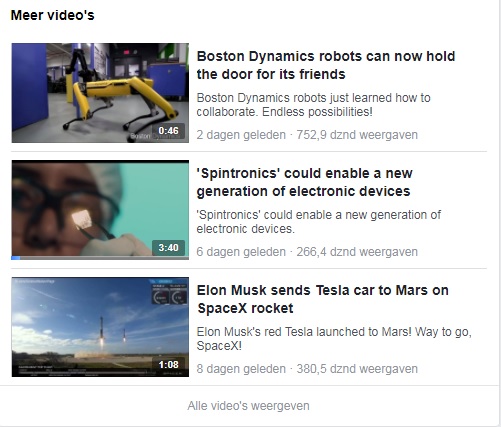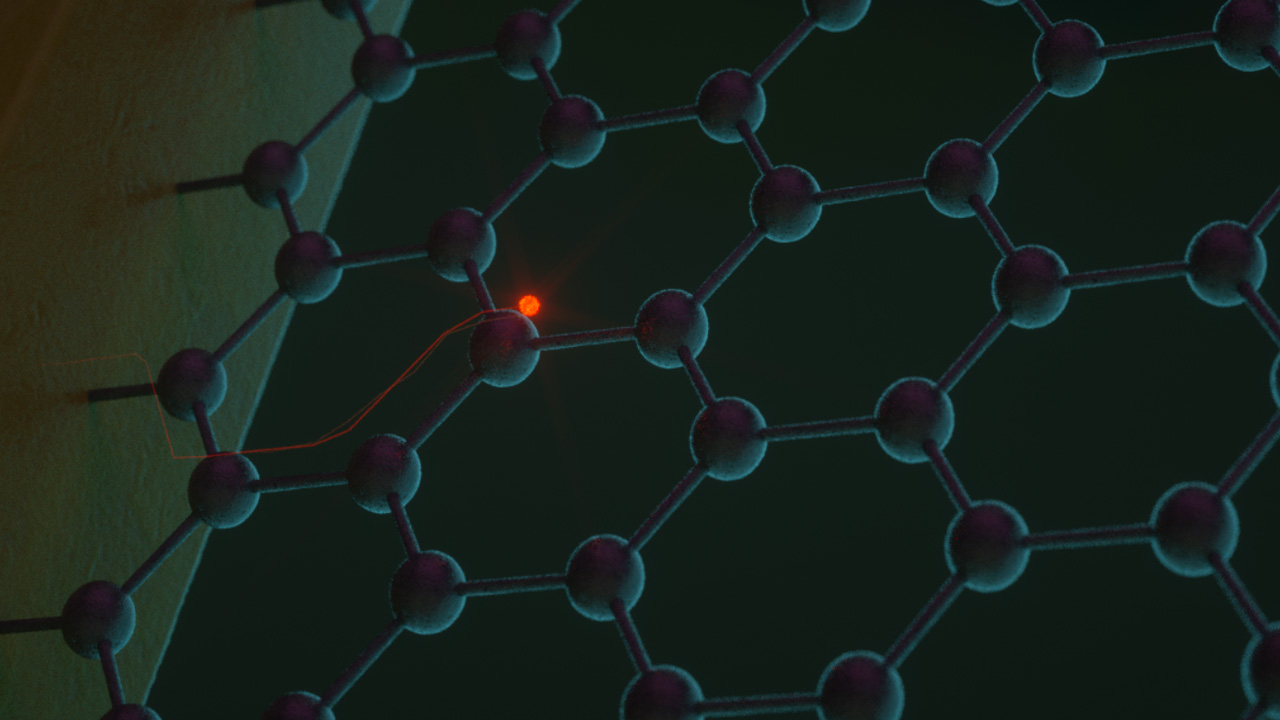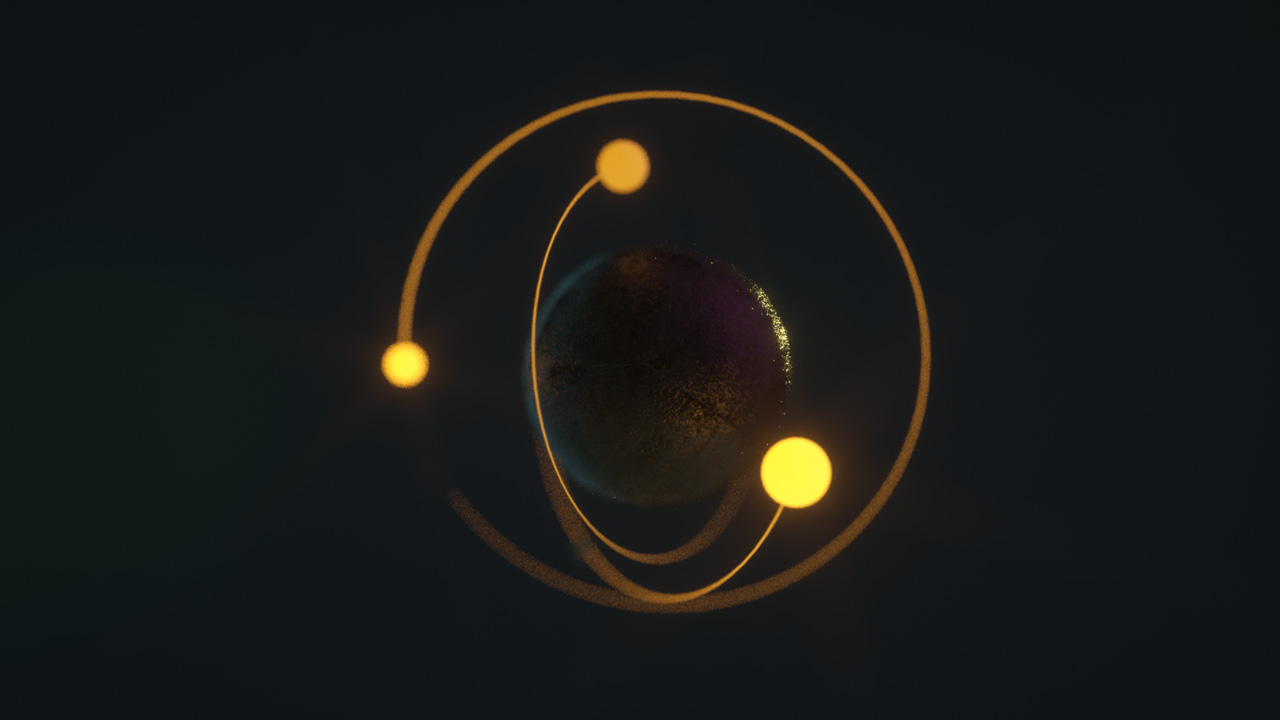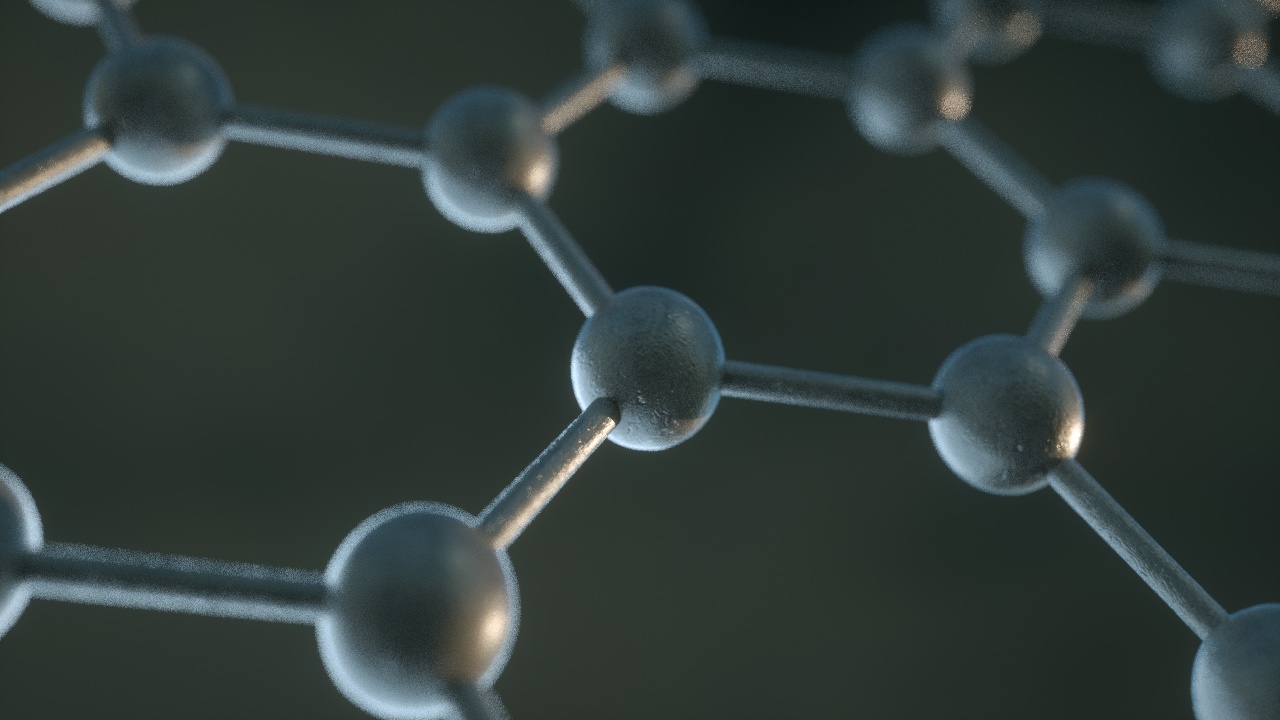Popular science blogger shares spintronics video
A video on the research by University of Groningen physicist Bart van Wees has been shared by the popular science blogger Hashem Al-Ghaili. In just a few days, the video has been viewed over 260,000 times on his Facebook channel and was shared by over 2,100 Facebook users.
Although the University of Groningen is very happy with these numbers, it is only fair to point out that so far only a part of the 15,5 million (!) Facebook followers of Al-Ghaili saw the video. They liked it over 4,200 times. The channels of the science communicator, who was born in Yemen and now works from Berlin, can attract millions of viewers. A sure sign that the Internet isn’t just about cat videos!
The video Al-Ghaili shared tackles a complex line of research: spintronics, a field that promises faster and more energy efficient electronics. Normal electronics are based on the presence or absence of an electron current, representing the 1 and 0 that form the basis of all computer operations. But spintronics makes use of a magnetic property of electrons which can take more than these two values. Furthermore, spintronics makes it possible to integrate data processing and storage on one chip, something that can’t be done in regular electronics. Thanks to the work van Bart van Wees, the spintronics revolution is becoming reality.
The video on the work by Professor Van Wees was produced by Sensu , a company specialized in science visualization based in Groningen.




| Last modified: | 12 March 2020 9.22 p.m. |
More news
-
03 April 2025
IMChip and MimeCure in top 10 of the national Academic Startup Competition
Prof. Tamalika Banerjee’s startup IMChip and Prof. Erik Frijlink and Dr. Luke van der Koog’s startup MimeCure have made it into the top 10 of the national Academic Startup Competition.
-
01 April 2025
NSC’s electoral reform plan may have unwanted consequences
The new voting system, proposed by minister Uitermark, could jeopardize the fundamental principle of proportional representation, says Davide Grossi, Professor of Collective Decision Making and Computation at the University of Groningen
-
01 April 2025
'Diversity leads to better science'
In addition to her biological research on ageing, Hannah Dugdale also studies disparities relating to diversity in science. Thanks to the latter, she is one of the two 2024 laureates of the Athena Award, an NWO prize for successful and inspiring...
